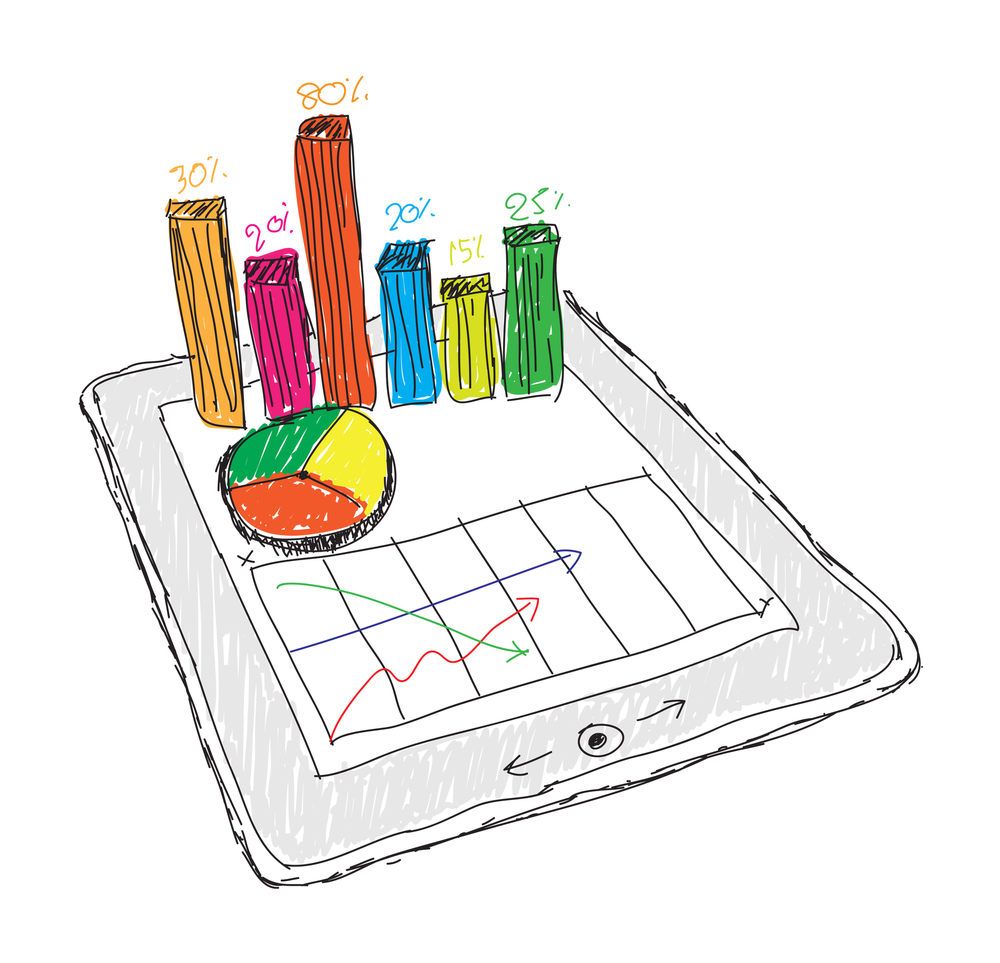Personalizing the web experience for prospects is key to generating leads online. Marketers understand that their promotional efforts must address individual challenges and speak to audience members one at a time. Brafton reported that 90 percent of marketers surveyed by Econsultancy agree they must personalize their websites to achieve their brand goals, but 47 percent say data collection and I.T. prevents them from improving user experience.
However, audience targeting, especially through custom content, doesn’t require brands to redesign their websites. In some instances, a better search experience comes from more relevant content appearing in search engine results. If web searchers find digital content in SERPs, navigate to branded websites, and get the information they need to convert, the overall experience becomes more memorable.
According to a recent report from eXelate, brands are investing and turning to several resources for data to fuel their content marketing and other internet marketing programs. The research from April 2013 showed that nine out of 10 agencies say they will continue to use targeting to get relevant media in front of prospects.
Data from eXelate also highlighted the resources agencies used to compile information to influence audience targeting initiatives. When ranking data resources on a scale of 1 to 5 (with 5 being the best possible score), direct response advertisers gave first-party social data a 4.15 and first-party custom data a 3.24. Agencies gave first-party social data a 4.12 and first-party custom data for branding campaigns a 3.07.
Marketers may find various resources valuable for audience targeting, and it’s important for brands to explore different options to compile clearer pictures of who their customers are and what influences their purchasing decisions.




